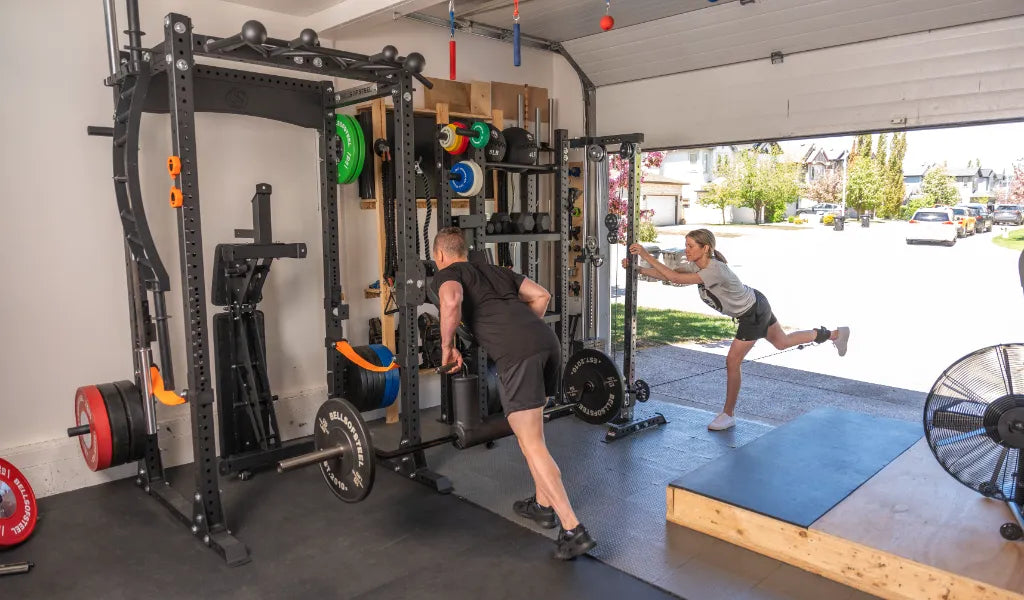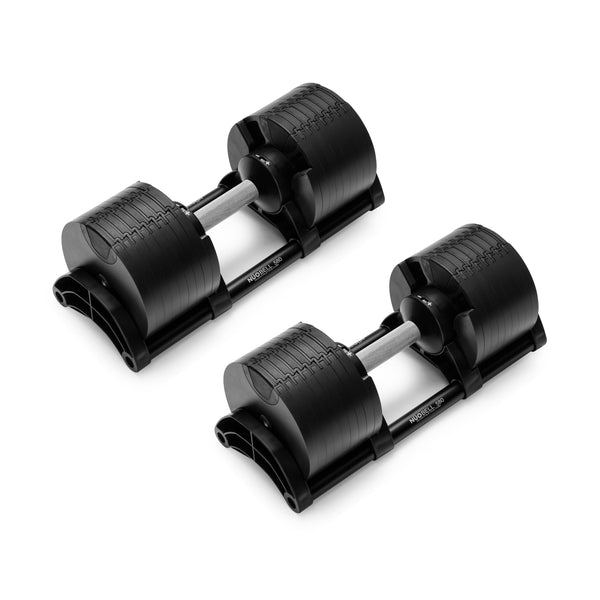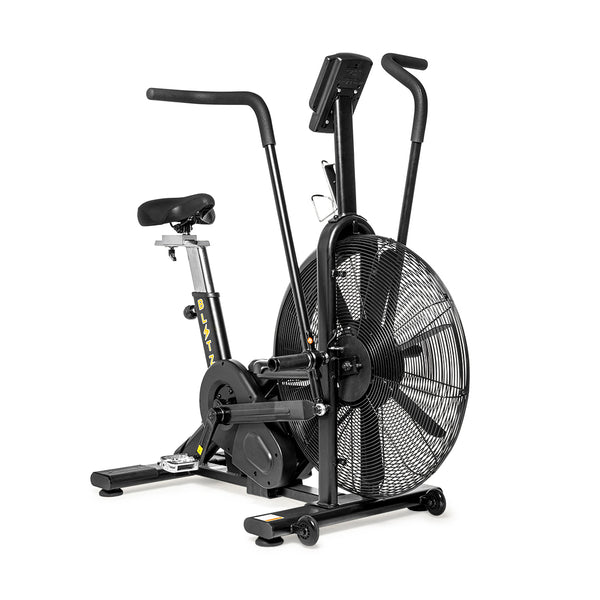Sharing a home gym can feel like negotiating a peace treaty—but with the right approach, it’s a win-win for everyone involved. Whether you’re navigating between your swolemate’s powerlifting goals, your teenager’s first fitness steps, or keeping an eye on the kids while lifting, optimizing your space for multiple users is key.
Here’s how to make your home gym work harder, smarter, and more inclusively.
Design a Flexible Space
1. Invest in Adjustable Gear
Adjustable equipment is a must-have for shared spaces. It saves space, money, and arguments over whose gear gets priority.
- Adjustable Benches: Look for a bench that transitions smoothly between flat, incline, and decline positions.
- Power Racks with Adjustable J-Hooks: A rack with easily adjustable J-hooks and safety arms allows users of different heights to lift comfortably.
- Dumbbells with Adjustable Weights: Replace an entire rack of fixed dumbbells with a compact adjustable set.
2. Use Smart Storage Solutions
Clutter is the enemy of efficiency. Install wall-mounted hooks, racks, and shelving for barbells, bands, and other accessories. Vertical plate storage keeps the floor clear and makes it easy to grab what you need.
3. Consider a Two-Sided Rack or Four-Post Rack
A two-sided rack or four-post rack is a game-changer for homes with multiple lifters. These racks allow two people to lift simultaneously without interfering with each other’s setup.
Who it’s for:
- Couples who enjoy working out together.
- Families with older kids who lift.
- Roommates with overlapping schedules.
Build a Schedule That Works for Everyone
1. Create Rotating Workout Times
If schedules don’t align, designate specific times for each user to have uninterrupted access. For families, this might mean morning workouts for parents and afternoons for teens.
2. Share Equipment During Workouts
For those who prefer training together, alternate sets on shared equipment. Plan your routines to minimize downtime—one person benches while the other does dumbbell rows, for example.
Pro-tip: Keep a whiteboard handy to jot down the day’s workout and avoid confusion.
Accommodate Different Fitness Goals
Programming for Strength vs. Cardio
If one person is chasing a deadlift PR while another wants to torch calories, consider a layout that separates strength and cardio zones. For example:
- Strength Zone: Squat rack, bench, barbell, and plates.
- Cardio Zone: A treadmill, rower, or air bike tucked into a corner.
All-In-One Machines for Versatility
A cable machine with multiple attachments can cater to strength training, rehab exercises, and functional movements. It’s the Swiss Army knife of the gym world.
Creating a Safe Environment for Kids
For parents, the home gym doubles as a fitness haven and a family zone. Here’s how to balance both:
Safety First
- Install safety pins or straps on your power rack to prevent accidents.
- Keep small equipment (like resistance bands) out of reach when not in use.
Make It Kid-Friendly
- Add a small play area nearby so younger kids can hang out while you lift.
- Use your workout time to model healthy habits—kids are more likely to value fitness if they see you prioritizing it.
Home Gym Lifting FAQs
Q: Can two people use a home gym at the same time?
A: Absolutely! With a two-sided rack or proper planning, two people can train efficiently. Alternate exercises, or split into different zones if your gym has the space.
Q: How do I make a small home gym work for a family?
A: Maximize vertical storage and invest in compact, multi-use equipment. Adjustable gear like benches and dumbbells ensures everyone can train effectively.
Q: How do I manage kids in the home gym?
Safety is the top priority. Use mag pins to secure equipment and keep small items out of reach. For younger kids, set up a play area within sight but away from heavy equipment.
Q: What’s the best way to keep everyone happy in a shared gym?
A: Communication and compromise are key. Set clear rules about equipment usage, create a rotating schedule if needed, and keep the space tidy for everyone’s benefit.
Final Thoughts
Optimizing your home gym for multiple users requires a little strategy and a lot of flexibility. With adjustable equipment, smart storage, and a shared commitment to keeping the space functional, your gym can be the ultimate all-in-one fitness hub for everyone under your roof.




